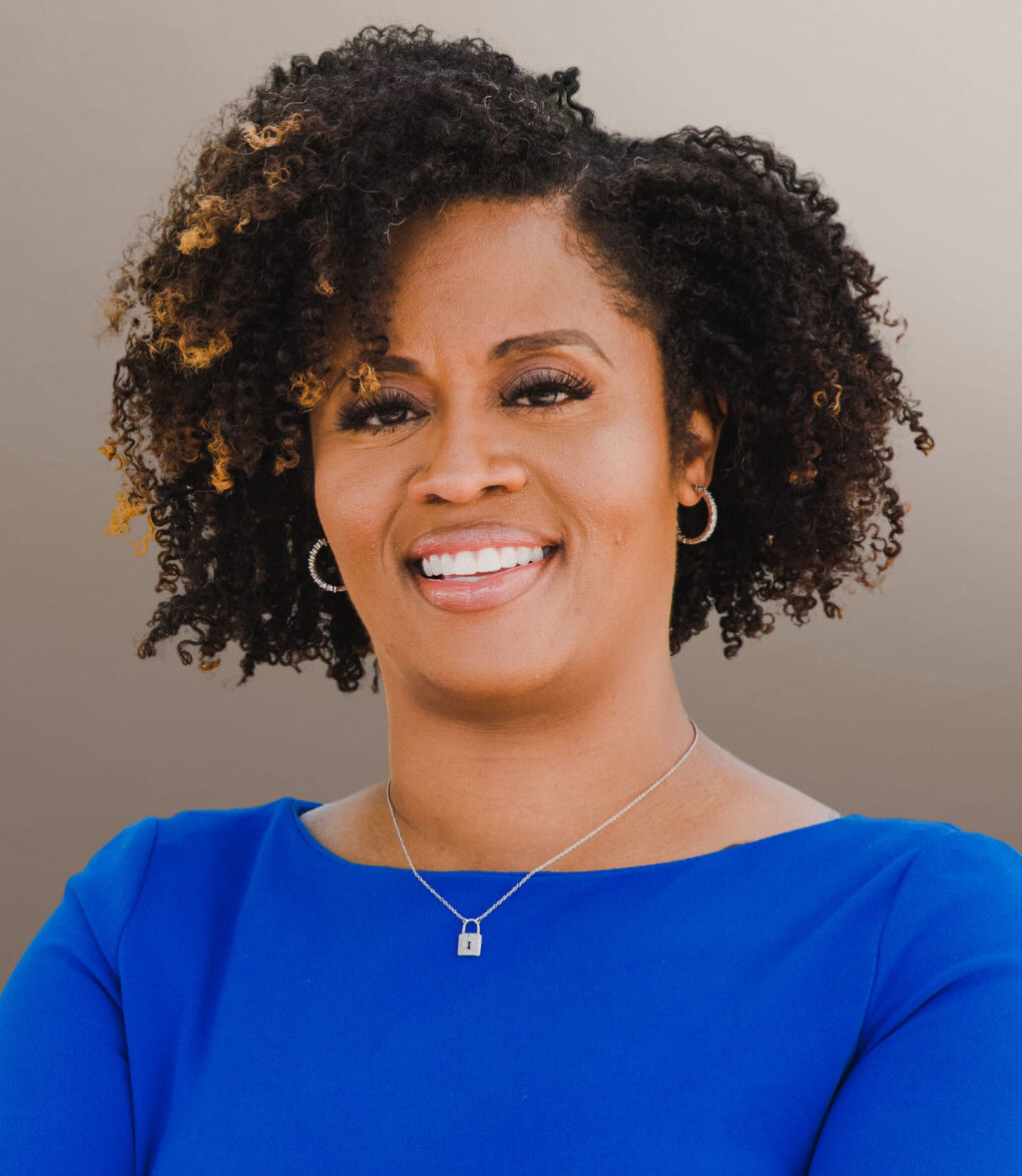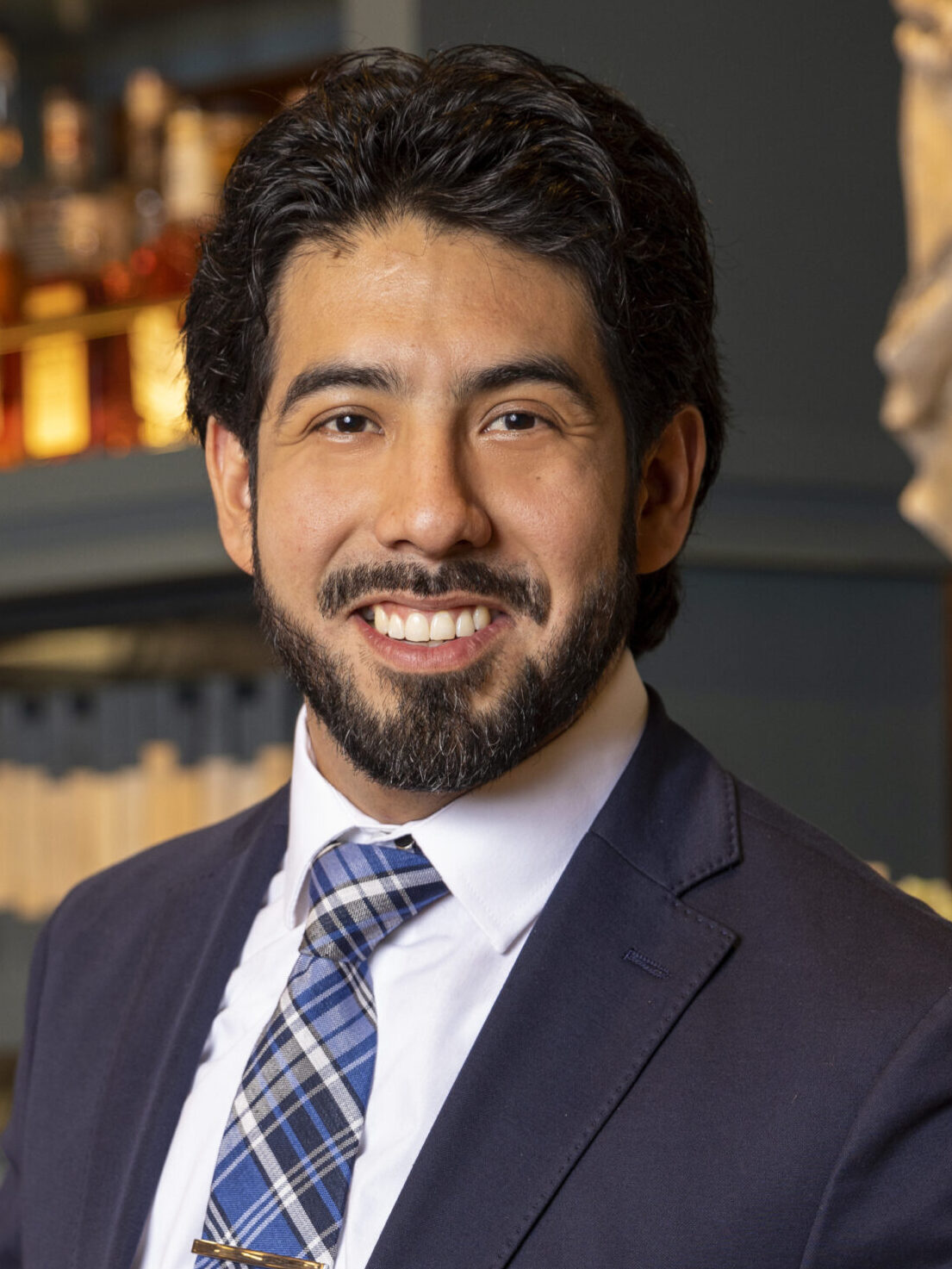To Syrita Steib, the University of New Orleans denied her first application for admission in what seemed like lightning speed.
With equal speed, though, the university accepted her second application. The difference? The second time around, Steib didn’t disclose her criminal history.

Courtesy of Syrita Steib
Syrita Steib, founder and executive director of Operation Restoration
“I checked the box, I was denied within 24 hours,” said Steib, founder and executive director of Operation Restoration. “When I reapplied and didn’t check the box. I was accepted within 24 hours.”
The box she refers to affirmed that she’d been incarcerated, serving 10 years for burglary and arson of an auto dealership.
With that prison sentence and her 2016 graduation from UNO behind her, Steib, a member of the Louisiana Governor’s Justice Reinvestment Implementation Oversight Council, launched her organization. Through it, she researched, helped shape and lobbied for legislation resulting in Louisiana becoming the first in a list of what Operation Restoration lists as seven states banning questions about criminal history on admissions applications to public colleges and universities.
That question, however, isn’t the only barrier to college for formerly incarcerated people. Others include such things as application fees and lack of understanding of college financing such as student loans.
“There are structural factors and inequalities in criminal justice, such as poverty, that can shut out individuals from getting an education,” said Wanda Bertram, spokesperson for the Prison Policy Initiative.
“It’s a really large lift to attend college and work,” said Patrick Rodriguez, co-executive director of the Georgia Coalition for Higher Education in Prison. “It takes a lot of dedication to get to the point of even being able to apply. It just takes a bit of extra help to get across the application line.”
Here are some helpful resources and strategies for overcoming some of those hurdles.
Get college application and admissions test fees waived
The College Board provides the how-tos of getting fee waivers for the Common Application accepted by more than 1,000 institutions and what the College Board says are roughly 2,000 colleges and universities that issue those waivers.
Fees for SAT and ACT tests measuring academic competency also may be waived by those testing companies. Once applicants get either an application waiver or test waiver from one school or testing center, they’re in a better position to get other waivers because they’ve started gathering information about income, whether they receive food stamps or other public assistance and such.
Before applying to college, of course, applicants must have a high school diploma or graduate equivalency degree. Relatively recent data from the Prison Policy Initiative estimates that roughly 25% have not.
Some of those individuals were incarcerated before age 18 and need help finishing high school by passing the General Educational Development test, in lieu of earning a diploma, and eventually, with college admissions, said Bertram, of the policy initiative. Those individuals also may seek waivers of the GED tests fee waivers and enroll in free tutoring programs, she said.
Tap into peer-run and other re-entry organizations for former prisoners
“Don’t limit yourself to groups and resources in your state,” Bertram said. You can contact an array of groups and individuals across the country for guidance.

Courtesy of Wanda Bertram
Wanda Bertram, spokesperson for the Prison Policy Initiative
The Formerly Incarcerated Graduates Network is a national organization partnering with From Prison Cells to PhD, Second Chance Educational Alliance and similar organizations.
Additionally, as examples, California State University’s Project Rebound is expressly for formerly incarcerated students on that campus.
(Some examples of projects offering accredited college instruction to people who begin their education while still behind bars are Tulane University, which partners with Operation Restoration, and the City University of New York, which runs its Prison-to-College Pipeline program. Also, the Alliance for Higher Education in Prison has a national directory of which carceral institutions have such programs.)
Searching online for “formerly incarcerated education” and the name of a state will yield such programs and ones that, for example, review applicants’ essays and personal statements, aiming to increase their chances of being admitted to college.
Target colleges that don’t require disclosure of criminal history — and ones that do
Those choosing to include their prison experiences and related background in their college essays may target colleges that openly state that they welcome former prisoners or that don’t require applicants to disclose their criminal backgrounds. Though New York State, for example, has no law banning disclosure of criminal history on applications to public colleges, applicants to the State University of New York’s 64 campuses and the City University of New York’s 25 campuses don’t require such disclosure.

Courtesy of Patrick Rodriguez
Patrick Rodriguez, co-executive director of the Georgia Coalition for Higher Education in Prison
Nevertheless, it may not be necessary to limit oneself to schools that either openly embrace former prisoners or that don’t make them disclose their criminal history. Formerly incarcerated people have been admitted to schools requiring disclosure of their criminal backgrounds. Rodriguez, of the Georgia Coalition for Higher Education in Prison, was one of them.
He submitted to Kennesaw State University, his Georgia alma mater, a 14-page essay detailing the dates and circumstances of his crimes and how he had grown beyond those experiences.
He sought help in crafting his story. “I don't know if I would have gone to school if Bill Taft from Common Good Atlanta weren’t there,” Rodriguez said. “It was really nice having somebody hold me accountable and have an honest conversation about what the next steps are in the application process.”
But New Orleanian Steib took a different approach.
“When I applied to medical school, I didn’t apply to any school that said they consider incarceration in their admissions process,” said Steib, now a hospital lab supervisor. “I wasted some application fees on schools that did discriminate, but didn’t list [that reality] on their site.”
Apply for scholarships expressly for former prisoners and for federal Pell grants.
Income-based Pell grants, funded by the U.S. Department of Education, are available to the formerly incarcerated and, after being revoked in 1994, this year, were restored to those still behind bars.
In addition, several private organizations and colleges themselves give scholarships to formerly incarcerated. They include the NAACP, Prison Education Foundation, The Education Justice Project and the Prison Scholar Fund.
Dozens of colleges, including New York University, Rutgers University and Santa Barbara City College in California, offer scholarships for those who were formerly incarcerated.
***
Reyna Gobel is a New York City-based journalist who covers personal finance, health and other topics.
